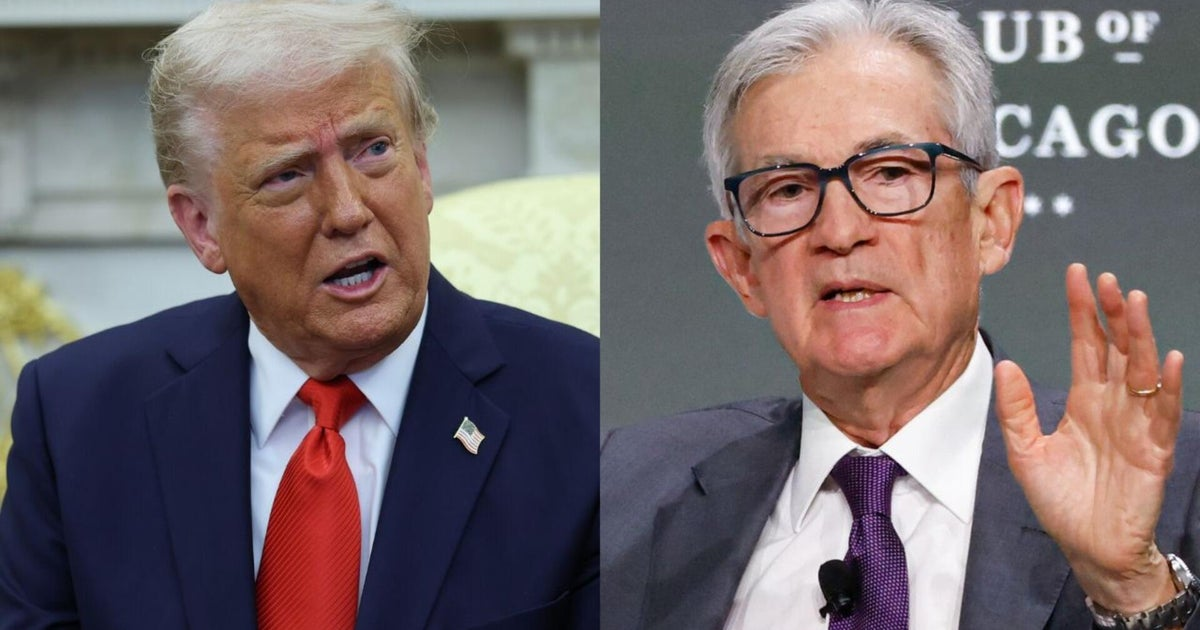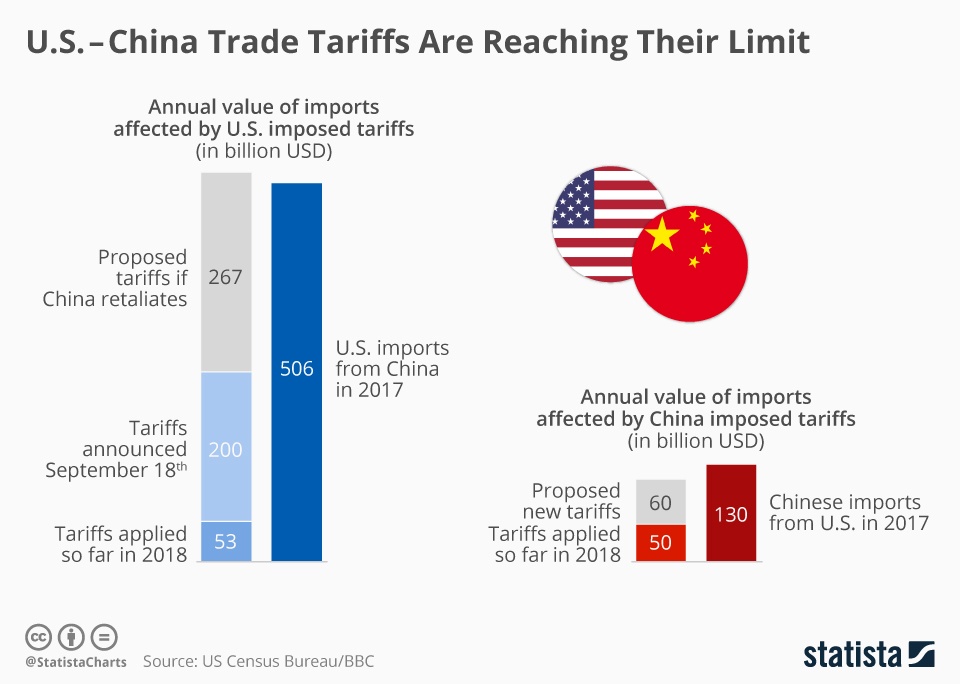The question of “Can Trump fire Fed Chairman?” looms large as speculation swirls around President Trump’s relationship with Jerome Powell, the current head of the U.S. Federal Reserve. Trump’s critical stance towards Powell often centers on interest rates and the direction of the economy, leading many to wonder about the implications of such a drastic move. While Trump’s frustrations have sparked debates among economists and investors alike, the broader concept of Federal Reserve independence is of utmost importance for market stability. Recent Federal Reserve news indicates that any attempt to remove Powell could result in significant turmoil in the stock market and undermine trust in the central banking system. As the president navigates this complex landscape, the implications of his decisions on interest rates and monetary policy remain a focal point for both his administration and financial commentators.
When discussing the potential for a president to dismiss the head of an independent central bank, it’s crucial to analyze the broader dynamics of Federal Reserve governance. The tension between political influence and the autonomy of monetary policy plays a significant role in shaping economic outcomes, especially under leadership figures like Jerome Powell. This has led to questions about the adherence to the principles of federal independence, particularly in the context of Trump’s critiques on interest rates. As analysts consider the implications of any potential removal of Powell, significant attention is drawn to how these decisions might impact both the economy and financial markets. Understanding the legal framework surrounding such executive actions becomes essential in predicting the Federal Reserve’s reaction in these politically charged environments.
The Impact of Presidential Interference on Federal Reserve Independence
The independence of the Federal Reserve is a foundational principle that underpins the credibility of U.S. monetary policy. If President Trump were to intervene and fire Fed Chairman Jerome Powell, it would not only breach this independence but also set a dangerous precedent for future administrations. It raises alarms regarding the potential for politicizing monetary policy, which can have severe implications for economic stability. Should Trump’s threats materialize, markets would likely react negatively, as investor confidence in the Fed’s ability to manage interest rates and inflation would drastically decline.
In the context of Federal Reserve news, the focus on the chair’s ability to operate without executive pressure is paramount. Trump’s dissatisfaction with Powell’s handling of interest rates illustrates a broader concern: the intersection of politics and monetary policy. A change at the helm of the Fed, especially under duress, could disrupt the carefully calibrated balance of factors that influence economic health, from inflation to employment rates. Such a disruption can lead to increased volatility in financial markets, highlighting the importance of preserving the Fed’s autonomy.
Legal Perspectives on Trump’s Ability to Remove Fed Chair Powell
The legal framework surrounding the removal of the Federal Reserve chair is complex and contentious. As it stands, the Federal Reserve Act allows for the removal of governors ‘for cause.’ However, questions arise regarding whether this includes the chair position held by Powell. Some legal analysts argue that the statutory interpretation leads to a gray area, making it possible but unlikely that Trump can legally oust Powell without just cause. This uncertainty alone positions the issue of Federal Reserve independence at the forefront of current economic discussions.
Moreover, insights from noted legal experts suggest that the Supreme Court’s interpretation of executive power may evolve to favor a broader scope under certain circumstances. While Trump may perceive the ability to influence Fed policy, the repercussions of removing a sitting chairman without substantial justification could backfire. Given the historical significance of the Fed’s independence, any attempt to remove Powell may not only face legal challenges but could also exacerbate market fears, ultimately undermining the authority of the Federal Reserve.
Market Reactions to Potential Fed Chair Dismissals
Market reactions to rumors that President Trump might fire Jerome Powell reveal the intricate relationship between presidential actions and investor confidence. Wall Street is acutely aware that changes in leadership at the Federal Reserve can provoke significant shifts in monetary policy. If Powell were ousted, many in the financial community fear that it would be a direct signal of an intended pivot towards a looser monetary policy, which typically raises inflation concerns. Historical data indicates that markets often respond negatively to uncertainty surrounding the Fed, with significant declines following announcements of leadership changes.
Additionally, the fear of increased interest rates coupled with a loss of confidence in the Fed’s autonomy results in a precarious economic environment. Market analysts worry that if investors perceive a shift to a more political approach to monetary policy, trust in the central bank’s long-term strategies will erode. This is particularly relevant when considering President Trump’s trade policies and their effects on inflation and growth, making the stability of Powell’s leadership crucial.
The Role of the Federal Reserve Chair in Monetary Policy
The Federal Reserve chair plays an instrumental role not only in setting interest rates but also in guiding the overall direction of monetary policy. While Chairman Jerome Powell is integral to the decision-making process, he does not operate in isolation. The Federal Open Market Committee (FOMC) functions as a collective body, where consensus is key in navigating complex economic landscapes. Powell’s ability to foster relationships and collaborate with other board members impacts the efficacy of policy implementations, which in turn affects inflation and employment rates.
During his tenure, Powell has had to balance conflicting pressures from the president and the market, particularly regarding interest rates. As analysts observe, the chair’s effectiveness hinges on their capacity to broker discussions and build agreement within the FOMC, ultimately contributing to sustainable economic growth. Thus, any attempt to undermine Powell’s position may not only disrupt internal dynamics but also threaten the broader integrity of U.S. monetary governance.
Understanding Federal Reserve Independence and Its Importance
Federal Reserve independence is essential to maintaining economic stability and controlling inflation. This independence allows the Fed to make decisions based solely on economic indicators rather than political pressure, thereby ensuring that interest rates are set in a way that promotes long-term economic health. Trump’s ongoing criticisms of Powell reflect a misunderstanding of this crucial separation, as he seeks to influence interest rates for immediate political gain rather than allowing for measured, data-driven decisions.
The potential consequences of undermining this independence could be far-reaching. Markets rely on the predictability and stability that comes from a central bank free from external interference. If the Fed’s autonomy is compromised by executive actions, it could lead to heightened volatility in financial markets and diminished trust. It is critical for stakeholders across the economy to understand how Fed independence serves as a bulwark against inflation and fosters sustainable economic growth.
The Future of Federal Reserve Leadership Under Trump
As President Trump contemplates the future of the Federal Reserve under his administration, the stakes are high for both economic policy and market reaction. The potential replacement of Jerome Powell or any shift in leadership could reshape the trajectory of U.S. monetary policy. Investors are watching closely, as any indication of a change could lead to increased market volatility. Understanding who takes the reins of the Fed will be vital, especially considering Trump’s desire for a more aggressive approach to rate cuts.
Moreover, the appointment of a successor to Powell can set a tone for how the Fed will engage with overarching economic challenges. Should Trump choose a candidate known for a more accommodating monetary stance, it would signal a significant shift away from Powell’s recent strategies focused on inflation control. The implications of such a decision reverberate through the economy, highlighting the interconnectedness of leadership decisions at the Fed and their impact on broader economic conditions.
Long-Term Implications of Fed Chair Replacement
The longer-term implications of a Fed chair replacement resonate throughout the economic landscape. Market participants often assess the confidence level of central bank leadership, which can influence investment decisions, interest rates, and financial market stability. A new chair appointed under contentious circumstances—such as being forced out by the president—could lead to skepticism regarding the Fed’s commitment to independence, setting off alarm bells among investors.
Furthermore, the Federal Reserve’s ability to combat inflation effectively hinges on the credibility and independence of its leadership. If replacements are commonplace or appear politically motivated, the perception of the Fed’s long-term strategic vision can be undermined. This erosion of trust will challenge the Fed’s ability to navigate future economic crises, presenting a critical juncture where leadership decisions have lasting effects on the international economic order.
Jerome Powell: Balancing Policy and Politics
Jerome Powell’s tenure as Fed Chair has exemplified the delicate balance between maintaining robust economic policy and being sensitive to the political landscape surrounding the central bank. His aim to curb inflation while promoting employment reflects the dual mandate of the Federal Reserve, which is often at odds with the immediate interests of political leaders like President Trump. Powell’s hesitance to employ drastic interest rate cuts, as Trump has suggested, indicates a commitment to preserving the Fed’s analytical integrity over capitulating to external pressures.
The challenge Powell faces is significant, as each decision impacts public perception of the Fed’s independence. Navigating political dynamics while delivering on Fed mandates requires astute leadership and communication skills. Should Trump choose to retaliate against Powell’s measured approach by attempting to remove him, the economic landscape could profoundly shift, further complicating Powell’s role and responsibilities.
Public Perception of the Federal Reserve Amid Political Tensions
Public perception of the Federal Reserve is often shaped by both its actions and the political climate influencing it. As tensions arise between President Trump and Jerome Powell, the narrative surrounding the Fed has evolved, with increased scrutiny on its decision-making processes. In an era where political interventions threaten its independence, citizens are left to question the objectivity of the Federal Reserve. Transparency in operations is crucial for bolstering public trust, especially during periods of economic uncertainty.
When markets react negatively to Fed decisions or speculate about potential leadership changes, public sentiment usually reflects a sense of unease about the economy. Continuous messaging from the Fed regarding its commitment to fight inflation and maintain stability is necessary to assure the public and investors alike. Therefore, as Trump’s administration weighs its options regarding Powell, the overarching implications for public trust and economic integrity remain paramount in discussions about Federal Reserve independence.
Frequently Asked Questions
Can Trump fire the Federal Reserve chairman Jerome Powell?
President Trump does have the authority to remove the Federal Reserve chairman, Jerome Powell, but only under specific legal grounds. The Federal Reserve Act allows for the removal of governors ‘for cause,’ but the interpretation of this provision regarding the chair’s four-year term is complex. Additionally, the Supreme Court’s interpretation of executive authority in independent agencies could influence this scenario, suggesting that while possible, such an action may undermine the Fed’s independence.
What impact would firing the Fed chairman have on the Federal Reserve’s independence?
Firing the Fed chairman would likely severely impact the Federal Reserve’s independence. Markets may interpret such an action as an attempt to influence monetary policy for short-term political gain, which could erode trust in the Fed and increase long-term interest rates. Maintaining the Fed’s independence is critical for its ability to effectively manage inflation and overall economic stability.
What are the potential market reactions if Trump attempts to fire Jerome Powell?
Market reactions to Trump’s potential attempt to fire Jerome Powell could be significant. Investors may fear that such a move signals a shift towards looser monetary policies, potentially resulting in higher inflation and increased long-term interest rates. Given the Fed’s role in maintaining economic stability, any disruption could create considerable uncertainty in financial markets.
Could Trump’s decision to fire the Fed chairman lead to legal challenges?
Yes, if Trump were to fire Jerome Powell, it would likely lead to legal challenges regarding the interpretation of the Federal Reserve Act and the Supreme Court’s stance on executive authority. The removal could be contested based on precedent established in previous court rulings, contributing to a complex legal battle over the president’s powers concerning independent agencies.
How does the uncertainty around Powell’s position affect interest rates?
Uncertainty surrounding Jerome Powell’s position as Fed chairman could lead to increased volatility in interest rates. If markets perceive a higher risk of removal and potential shifts in monetary policy, they may demand higher yields on long-term Treasuries, ultimately pushing up interest rates across the economy.
What are the legal arguments against Trump’s firing of Jerome Powell?
Legal arguments against Trump’s firing of Jerome Powell center around the long-established ‘for cause’ protection for members of independent agencies, including the Federal Reserve. The interpretation of these rights, as well as recent Supreme Court decisions regarding executive power, suggest that such removal could be unconstitutional and detrimental to the Fed’s mandate.
What would happen if Trump successfully removed Jerome Powell?
If Trump successfully removed Jerome Powell, it could lead to widespread market turmoil and a crisis of confidence in the Federal Reserve’s independence. Investors may anticipate a shift in policy direction aimed at immediate economic growth, raising concerns over inflation and undermining the Fed’s credibility as a monetary authority.
How does Jerome Powell’s leadership impact Federal Reserve policy?
Jerome Powell’s leadership significantly influences Federal Reserve policy, although he must foster consensus among the board and the Federal Open Market Committee (FOMC). While he is a key figure, the chair does not have unilateral decision-making power, which ensures that multiple viewpoints are considered in shaping monetary policy.
What could be the implications of a new Fed chairman appointed by Trump?
A new Fed chairman appointed by Trump could lead to shifts in monetary policy, particularly if the administration pushes for looser policies to stimulate economic growth. Markets might react cautiously to any new appointment, analyzing how it could affect interest rates and inflation targets, thus impacting overall economic stability.
| Key Points |
|---|
| Trump’s Relationship with Powell |
| Trump criticized Powell for not cutting interest rates aggressively, impacting economic growth and inflation stabilization. |
| Legal Considerations |
| The legality of firing Powell relies on whether the president has removal power over independent agency heads. |
| Market Reactions |
| Markets fear that Powell’s removal could lead to looser monetary policy, impacting inflation and economic stability. |
| Independence of the Fed |
| The Fed’s independence is crucial for maintaining economic credibility and managing inflation rates effectively. |
Summary
Can Trump fire Fed Chairman Jerome Powell? The complexities surrounding this question have significant implications for U.S. economic policy and market stability. While Trump’s dissatisfaction with Powell has led to discussions about possible removal, legal interpretations and potential market reactions serve as substantial barriers. Ultimately, the independence of the Federal Reserve is vital for maintaining economic credibility, and any attempts to undermine this independence could result in adverse market consequences. As such, whether Trump can fire Powell remains a contentious topic with deep economic ramifications.



